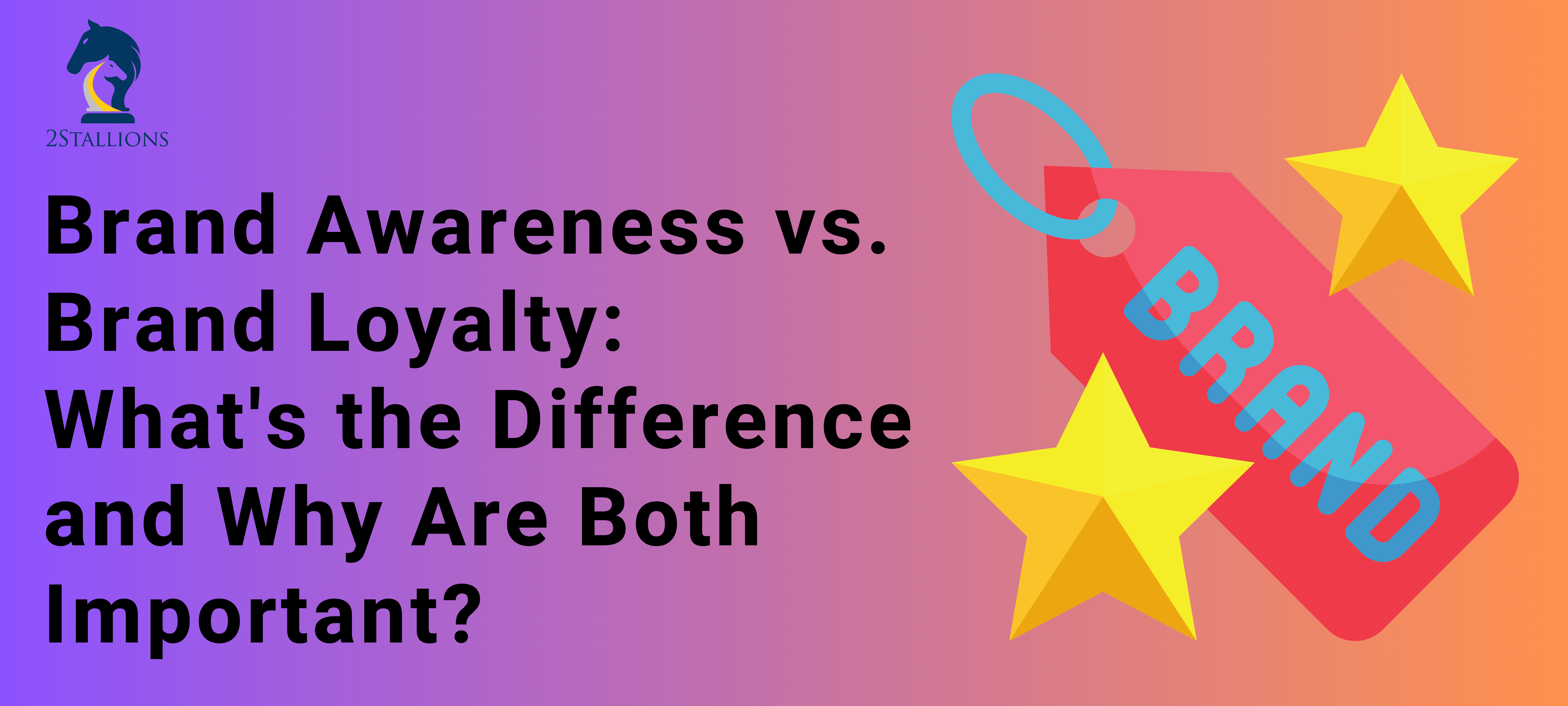SHARE
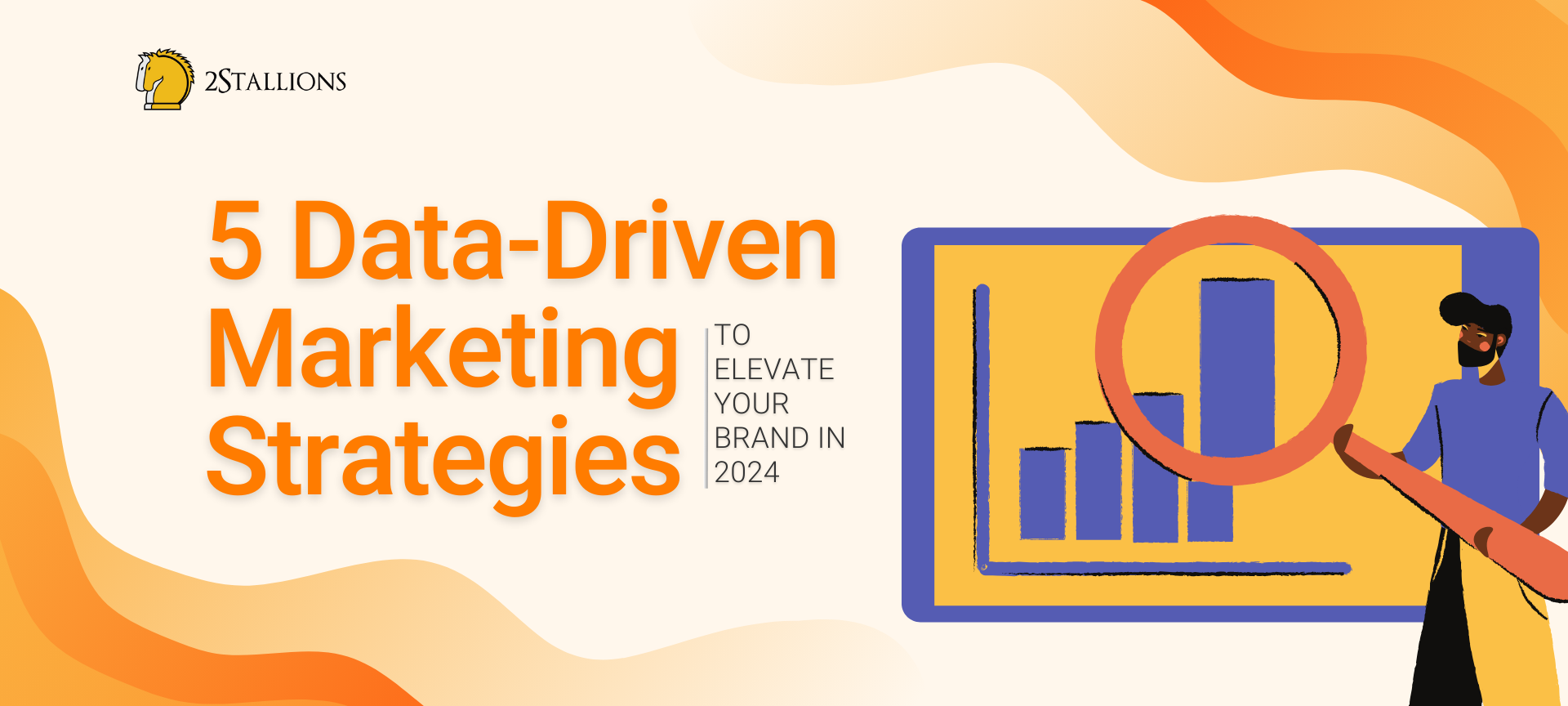
In today’s hyperconnected world, data has become the lifeblood of successful marketing campaigns. Brands that harness the power of data-driven strategies are not only able to understand their customers better, but they can also tailor their messaging to deliver personalised experiences. In this article, we will explore five data-driven marketing strategies that will help elevate your brand in 2024.
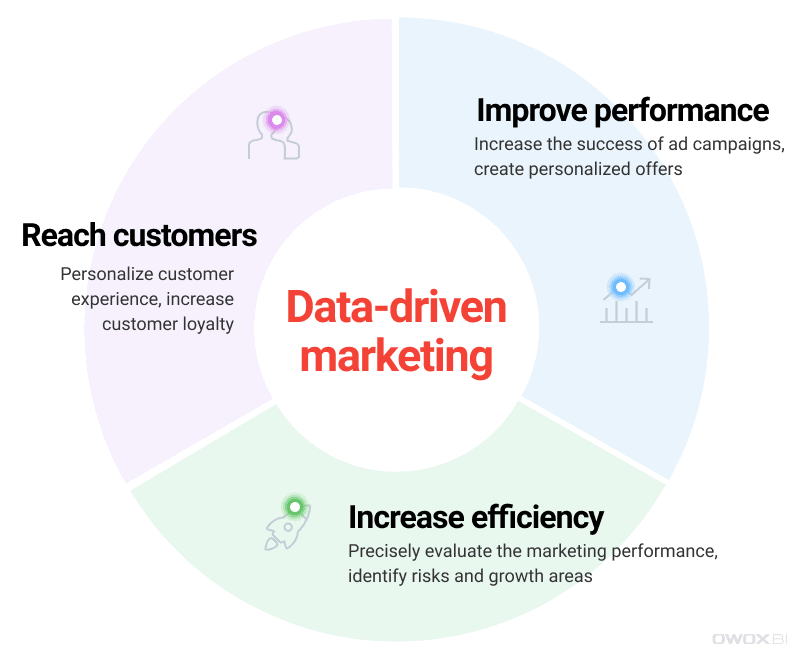
(Source: https://www.owox.com/blog/articles/data-driven-marketing-guide/)
Understanding the Importance of Data-Driven Marketing
Data-driven marketing is all about making informed decisions based on real-time data insights. Gone are the days of relying on gut feelings and assumptions. In the digital age, every interaction is trackable, and every action leaves a digital footprint. By tapping into the immense amount of data available, businesses can gain valuable insights into their target audience’s behaviours, preferences, and needs. Moreover, data-driven marketing enables brands to measure and optimise their campaigns continuously. By closely monitoring key performance indicators (KPIs), marketers can identify what’s working and what’s not, allowing them to adjust their strategies in real-time for maximum impact.
The Role of Data in Modern Marketing
Data plays a fundamental role in modern marketing practices. It gives marketers a deep understanding of their customers, allowing them to create targeted campaigns that resonate with their audience. Marketers can segment their audience and deliver highly relevant content across various channels by analysing demographic data, purchase history, online behaviours, and social media interactions.
Furthermore, data helps marketers uncover new opportunities and identify potential customers. By analysing market trends and consumer insights, marketers can spot emerging trends, predict future needs, and stay one step ahead of the competition.
How Data-Driven Marketing Can Elevate Your Brand
Data-driven marketing can have a transformative impact on your brand. You can tailor your messaging to each customer’s needs by leveraging data insights, increasing engagement and driving conversions. Personalised marketing campaigns have generated higher conversion rates and customer loyalty. Additionally, data-driven marketing enables brands to optimise their media spend. By analysing data on customer behaviour, marketers can identify the most effective channels, platforms, and even the best times to reach their target audience. This ensures that your marketing budget is optimally allocated for maximum return on investment.
But data-driven marketing doesn’t stop there. It goes beyond just understanding your customers and optimising your campaigns. It also empowers you to make data-backed decisions in other business areas. For example, you can make informed product development and inventory management decisions by analysing customer preferences and purchasing patterns. This can help you stay ahead of market trends and offer the right products at the right time. Similarly, data-driven marketing can also enhance your customer service efforts. By analysing customer feedback and support interactions, you can identify common pain points and areas for improvement. This allows you to proactively address customer concerns and provide a better overall experience. In turn, this can lead to increased customer satisfaction and loyalty.
Another benefit of data-driven marketing is its ability to foster collaboration and alignment within your organisation. By accessing the same data and insights, different teams can work together more effectively towards common goals. For example, your marketing team can share data with your sales team, enabling them to have more informed conversations with potential customers. This alignment can lead to a more seamless customer journey and increased revenue. Moreover, data-driven marketing can also help you identify and target new market segments. Analysing data on customer demographics and behaviours can uncover untapped opportunities and expand your customer base. This can open up new revenue streams and fuel business growth.
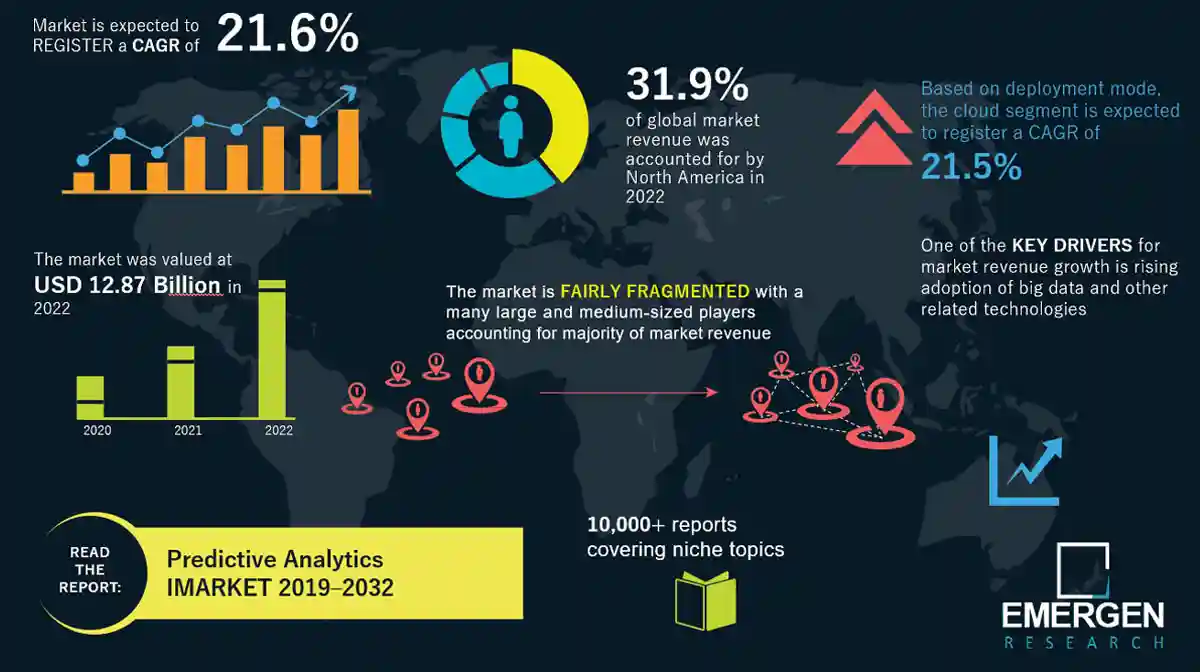
(Source: https://www.emergenresearch.com/industry-report/predictive-analytics-market)
The Rise of Predictive Analytics in Marketing
Predictive analytics is revolutionising the marketing landscape. Marketers can forecast future outcomes by leveraging historical data, statistical algorithms, and machine learning techniques and make data-informed decisions. Predictive analytics allows marketers to identify patterns and trends, predict customer behaviour, and anticipate their needs.
What Is Predictive Analytics?
Predictive analytics uses data, statistical algorithms, and machine learning techniques to forecast future outcomes. By analysing historical data, marketers can identify patterns and correlations, which can be used to predict future customer behaviours and preferences.
The Benefits of Predictive Analytics For Marketing
Predictive analytics offers several benefits for marketing strategies. Marketers can optimise their campaigns for maximum impact by accurately forecasting customer behaviour. They can also identify high-value customers and focus on retaining and upselling them. Predictive analytics helps marketers mitigate risks by identifying potential churn or customer dissatisfaction. By proactively addressing these issues, marketers can ensure customer retention and loyalty.
Personalisation As a Key Data-Driven Marketing Strategy
Personalisation has become an essential component of successful marketing strategies. Today’s consumers expect brands to understand their needs and deliver tailored experiences. By leveraging data, marketers can create personalised campaigns that resonate with each customer on a one-to-one basis.
The Power of Personalised Marketing
Personalised marketing allows brands to connect with their customers on a deeper level. By tailoring messages and recommendations to individual preferences, brands can deliver relevant content that captures attention and drives engagement. Personalised marketing builds trust, fosters loyalty, and ultimately drives conversions.
Implementing Personalisation in Your Marketing Strategy
Implementing personalisation requires a data-driven approach. Marketers can create customer profiles and segments by collecting and analysing data on customer preferences, behaviours, and past interactions. Marketers can then use this information to deliver targeted content, product recommendations, and offers that resonate with each customer. Moreover, marketers can leverage automation tools and machine learning algorithms to scale personalisation efforts. By automating the collection and analysis of data, marketers can deliver highly personalised experiences at scale without sacrificing efficiency or accuracy.
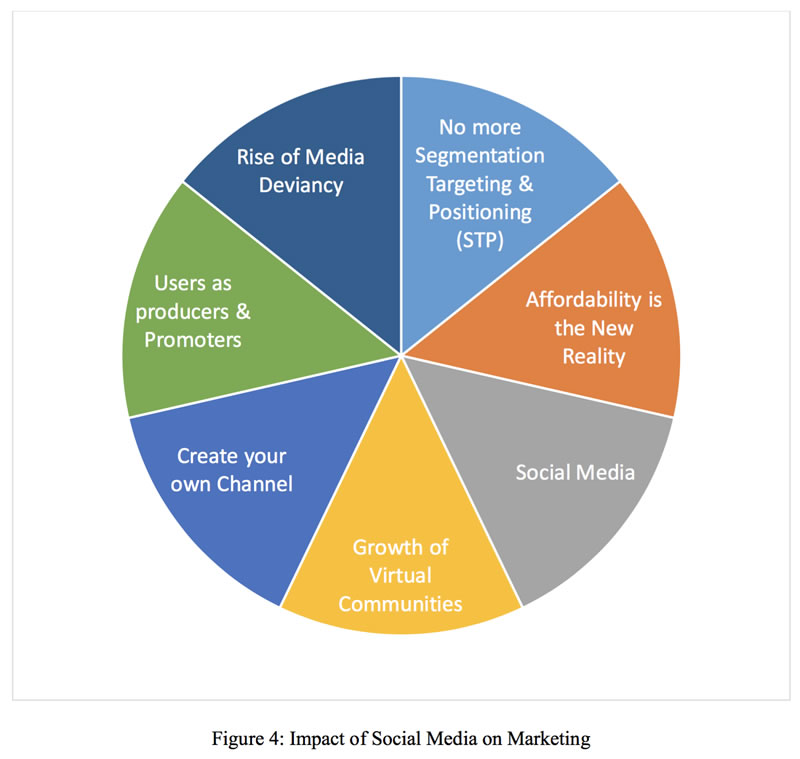
(Source: https://www.jagsheth.com/marketing-theory/how-social-media-will-impact-marketing-media/)
The Impact of Social Media Data on Marketing Strategies
Social media has become a treasure trove of valuable data for marketers. With billions of people actively engaging on social platforms, the amount of data generated is staggering. By harnessing this data, marketers can gain insights into customer preferences, behaviours, and sentiment.
Harnessing Social Media Data For Marketing
Social media data provides a wealth of information that can inform marketing strategies. Marketers can gain insights into customer sentiment and preferences by monitoring social conversations, allowing them to tailor their messaging and promotions accordingly. Social media data also provides valuable feedback, allowing marketers to gauge brand reputation and identify areas for improvement.
The Role of Social Media in Data-Driven Marketing
Social media has become an integral part of data-driven marketing strategies. Platforms like Facebook, Twitter, and Instagram offer robust analytics tools that give marketers valuable data insights. Marketers can refine their social media strategies by analysing engagement metrics, click-through rates, and audience demographics and ensure that their messaging reaches the right audience at the right time.
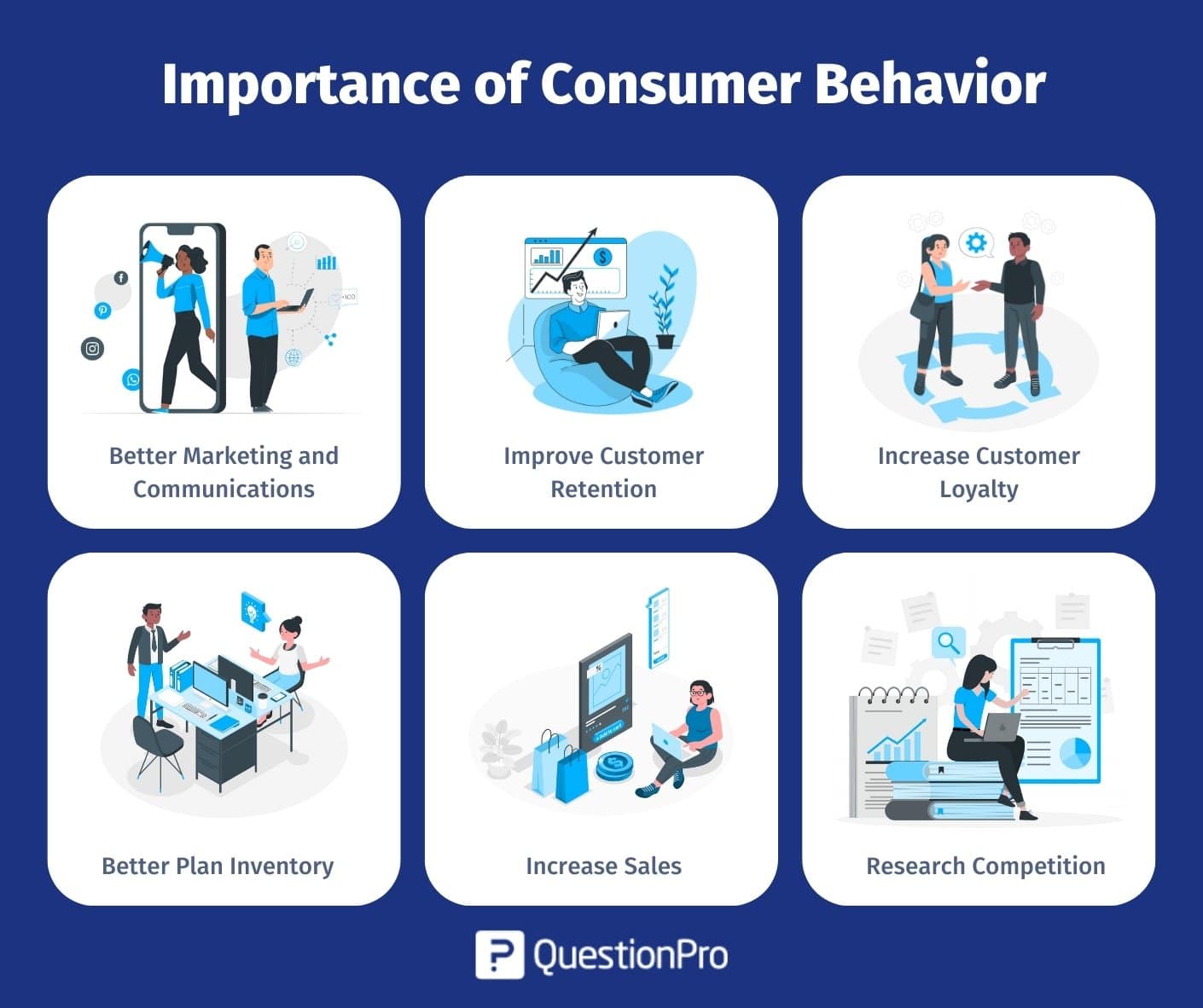
(Source: https://www.questionpro.com/blog/consumer-behavior-definition/)
Leveraging Customer Behaviour Data For Effective Marketing
Customer behaviour data is a goldmine for marketers. Marketers can gain deep insights into their customers’ journeys and behaviours by analysing customer interactions, purchases, and preferences. This data can then be used to create targeted campaigns that drive customer engagement and conversion.
Understanding Customer Behaviour Through Data
Customer behaviour data provides valuable insights into how customers interact with your brand. Marketers can identify patterns and trends by analysing data on website visits, clicks, and conversions. This information allows marketers to understand what motivates their customers and tailor their campaigns accordingly.
Using Customer Behaviour Data in Your Marketing Strategy
Integrating customer behaviour data into your marketing strategy can greatly enhance your effectiveness. By leveraging this data, marketers can segment their audience based on behaviour, enabling them to deliver targeted messages and offers. With the right data and analysis, marketers can predict future actions and proactively engage customers throughout their journey. More importantly, customer behaviour data allows marketers to create a seamless omnichannel experience. By understanding how customers interact across different touchpoints, marketers can ensure consistency and relevance in their messaging, resulting in a more cohesive and engaging customer experience.
In conclusion, data-driven marketing strategies offer immense opportunities for brands to elevate their presence and drive business growth. By understanding the importance of data, leveraging predictive analytics, embracing personalisation, harnessing social media insights, and leveraging customer behaviour data, brands can create targeted, relevant, and engaging experiences that resonate with their audience. In 2024, successful brands will continue to leverage data insights to gain a competitive edge in a fast-paced and ever-changing digital landscape.
Frequently Asked Questions About Data-Driven Marketing Strategies
What Are Data-Driven Marketing Strategies?
Data-driven marketing strategies involve using insights derived from analytics to guide decisions on marketing tactics, targeting, and optimisation to enhance engagement, conversion rates, and customer satisfaction.
How Can Brands Use Data To Improve Their Marketing in 2024?
Brands can use data to tailor marketing efforts through personalised content and recommendations, optimise campaign performance in real-time, predict customer behaviour, and identify new market opportunities.
What Are Some Key Data-Driven Strategies For Elevating a Brand?
Key strategies include personalised marketing campaigns, predictive analytics for targeting, customer segmentation for tailored messaging, optimising customer journeys through data insights, and leveraging social media analytics for engagement.
How Does Customer Segmentation Benefit Data-Driven Marketing?
Customer segmentation allows marketers to classify their audience into distinct groups based on demographics, behaviour, and preferences, enabling more targeted and relevant communications that significantly improve engagement and conversion rates.





